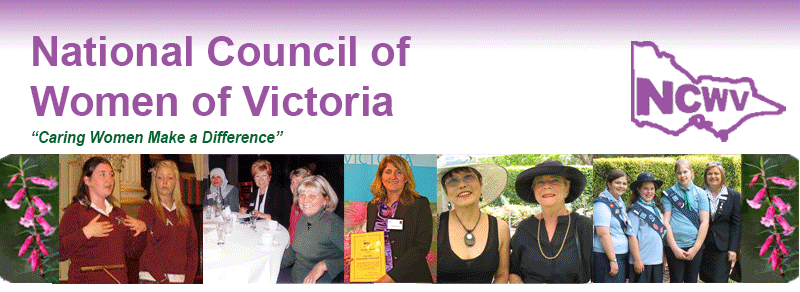This is a report on the meeting I went to with Minister Ged Kearney about the issues single women are facing in housing, income and what happens when you have an operation and go home to no home support. Minister Kearney is in the process of establishing a reference group — with Ward as its chair — to meet regularly and capture perspectives, from different demographics, on being an older single woman.
Donna Ward says there's a 'singlehood penalty' for women like her. Australia-first research backs her up.
 |
Ms Donna Ward shared her experience at a Melbourne meeting hosted by Ged Kearney, the federal assistant minister for health and aged care, to discuss the challenges faced by single older women without children. Ms Ward says "the air was wet with emotion" at the meeting, with some women reporting to her after that they were hearing their experience being publicly articulated for the first time. At 68 years and single, Donna attracts a lot of assumptions.
|
People around her tend to assume, for example, that she's separated or divorced (she's not), has grown children (she doesn't) and that a single income easily covers the cost of single living (it doesn't). Ms Ward feels that the social and financial implications of being an older single person are not seen, and they're not discussed. There's "a distinct prejudice" against single, older women, she argues. She calls it the "singlehood penalty".
"We're living in an economy now that depends on two incomes to maintain a roof over your head, food on your table, clothes on your back," she tells
ABC RN's Life Matters.
"We don't have the ability to reveal this life so that people's assumptions can change … so people can understand what this life is like … So that we can be seen and embraced as part of the Australian society."
Single women are 'squeezed from both angles’ as both employers and families viewed them as more flexible with their time. ‘Women who live alone aren't rare. Roughly 16% of Australian women currently live in single-person households, and that number is set to grow’ says Dr Myra Hamilton, associate professor at the University of Sydney's Centre of Excellence in Population Ageing Research. "The projections suggest that roughly one in four women of reproductive age today won't have children," she says.
Dr Hamilton also says there are big misconceptions about older single women in Australia, one is that they must have enjoyed uninterrupted careers because they don't have children. But
2020 research she led into older single women without children contradicts this. Of the 45 single older women Dr Hamilton interviewed, two-thirds had experienced extended career interruption — often because of caring responsibilities. "
Older single women without children are much more likely than any other group to do the caring for an older relative, or a relative with a disability or chronic illness," Dr Hamilton says. The research also showed that employers see single older women as more available and expected more from them at work, being asked to stay late, than they did of parents with children.
Housing for single older women emerged as a huge issue among those in Dr Hamilton's research. "Older single women are the fastest growing group experiencing homelessness in Australia," she says. "Even those that did own their own homes reported feeling very insecure and precarious because they were on one income. They reported struggling to continue paying rates and strata fees and upkeep to their properties … and [they had] a sense that if something went wrong, without the cushioning effect of a partner, they could very quickly wind up without a home. …They expressed a very strong fear about growing older and not knowing who'd be there to support them in the future," she says. "Many were very worried that they would be forced to move into a residential aged care setting before they were ready."
Ms Ward has written about her experiences in
She I Dare Not Name: A Spinster's Meditations on Life. She considers herself financially privileged; but even she has watched her personal wealth diminish in the current
cost-of-living crisis and after recent
hits to her superannuation as a result of the COVID pandemic. "
I just think, 'Oh, my God, if I'm feeling this, what is it like if you're financially vulnerable?" In December last year, issues around single living are, she says, beginning to gain traction. Ms Ward feels that finally discussion about the challenges of single living is beginning, including at the level of federal parliament. "
Having a cultural conversation is the only way we're going to change prejudice and misconceptions."



